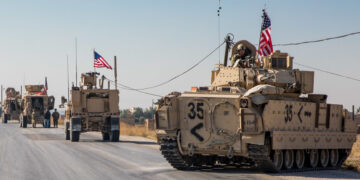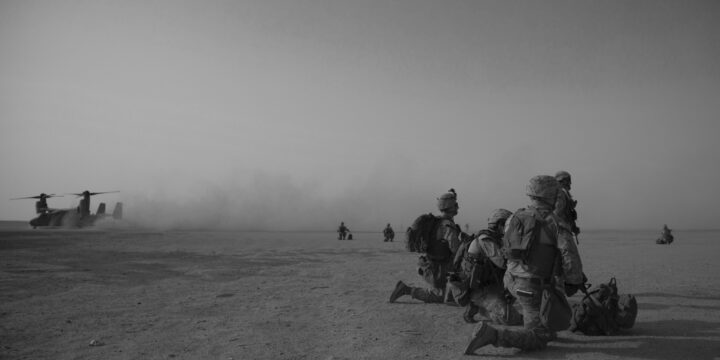August 1, 2019
Afghan draw down announcement is encouraging, but more is needed
FOR IMMEDIATE RELEASE:
August 1, 2019
Contact: press@defensepriorities.org
WASHINGTON, DC—On Thursday, a U.S.-Taliban deal was announced that included a draw down of the 14,000 U.S. forces currently in Afghanistan. Defense Priorities Policy Director Benjamin H. Friedman issued the following statement in response:
“A deal to reduce U.S. troop levels in Afghanistan by 5,000 to 6,000 in exchange for the Taliban’s renunciation of Al-Qaeda, a cease-fire, and an agreement to begin direct talks with the Afghan government is good news, provided it leads to a full U.S. military withdrawal in the next year.
“This deal would only take U.S. troop levels back to about where they were when President Trump took office. That’s not enough. After nearly 18 years of failed efforts to build the Afghan state by defeating its enemies, more than $1 trillion in spending, and more than 2,400 U.S. servicemembers killed, it is time to fully end the war. Negotiations with the Taliban can be useful, but the United States shouldn’t wait on them to leave Afghanistan.
“The deal, as reported, would entail meaningful Taliban concessions, especially on the ceasefire. Their willingness to officially disown Al-Qaeda is also useful as symbolism, even though their fear of being attacked again by the United States is stronger than any declarations.
“The danger of the deal is it could preserve, rather than end, the U.S. war. The Taliban leadership may lack the power to enforce a ceasefire on all their commanders. They may renege on some promises. Peace talks with the Afghan government will be difficult in the best circumstance. Some in Washington may then seek to stall progress toward a complete U.S. military withdrawal. That would be a mistake.
“The United States protects itself from terrorism through its ability to track and attack threats directly via missiles and raids, through willingness to use that capability, and its ability to deter groups like the Taliban from harboring anti-American terrorists. Those factors will operate to protect Americans with or without a deal with the Taliban and in the absence of U.S. combat forces.”
More on Asia

By Jennifer Kavanagh and Dan Caldwell
July 9, 2025

Featuring Jennifer Kavanagh and Dan Caldwell
July 9, 2025

Featuring Lyle Goldstein
July 4, 2025





